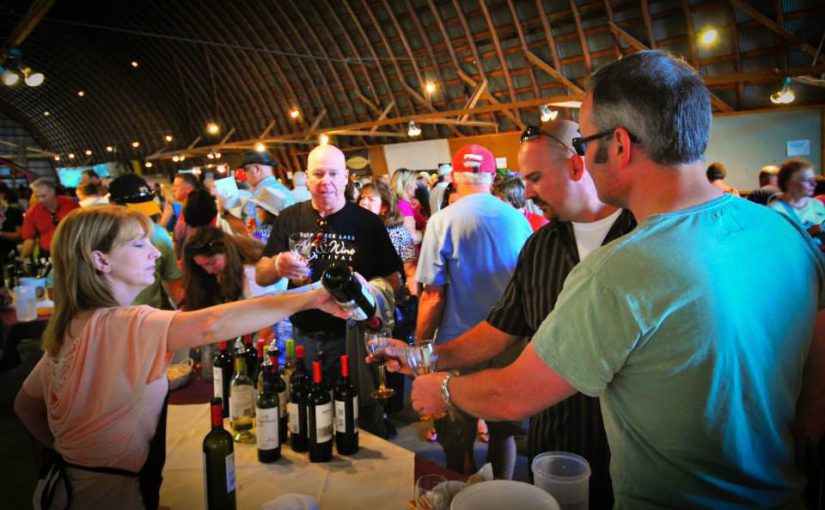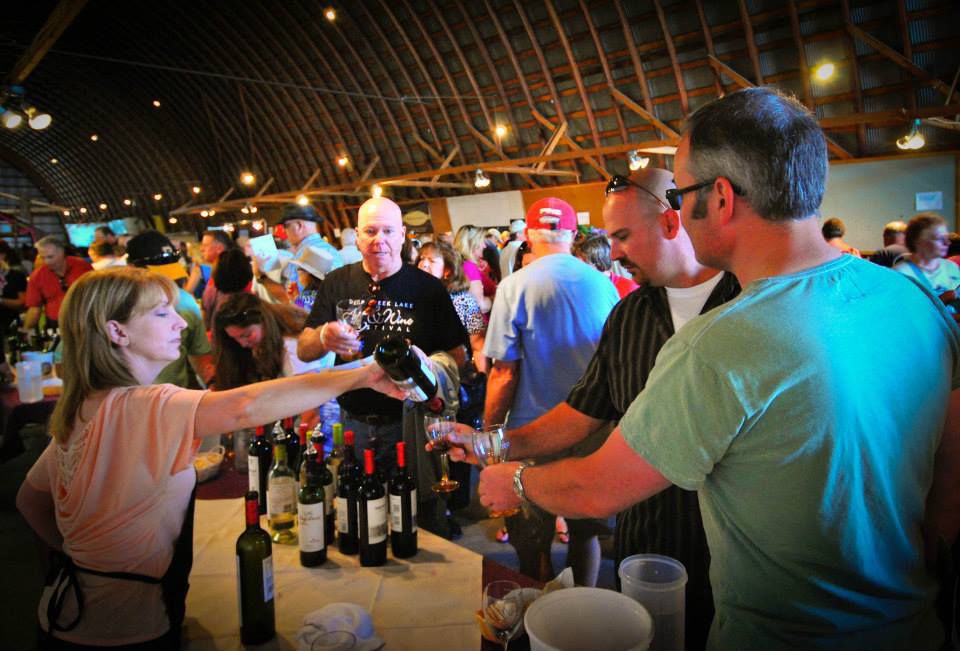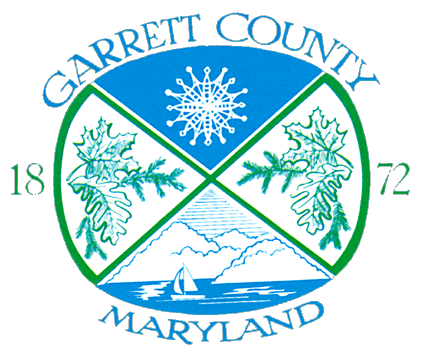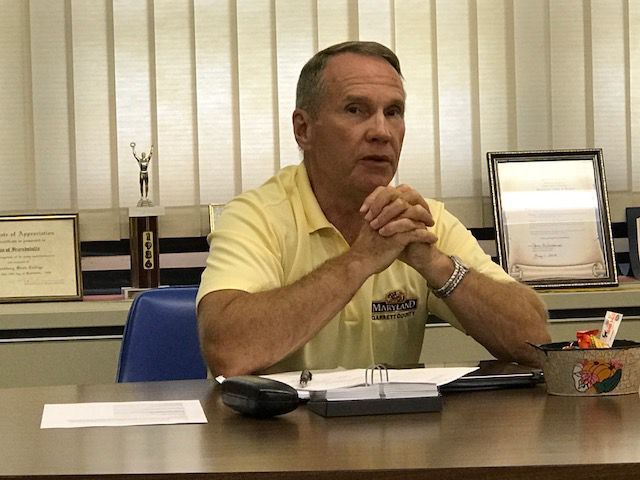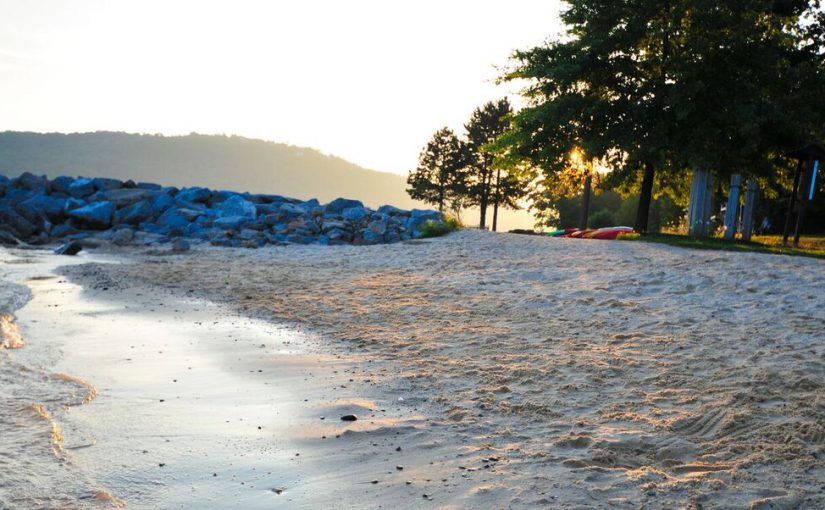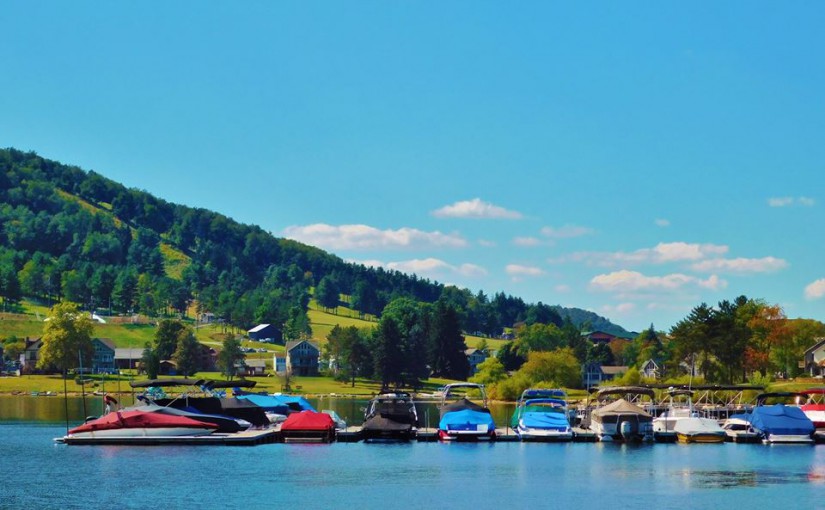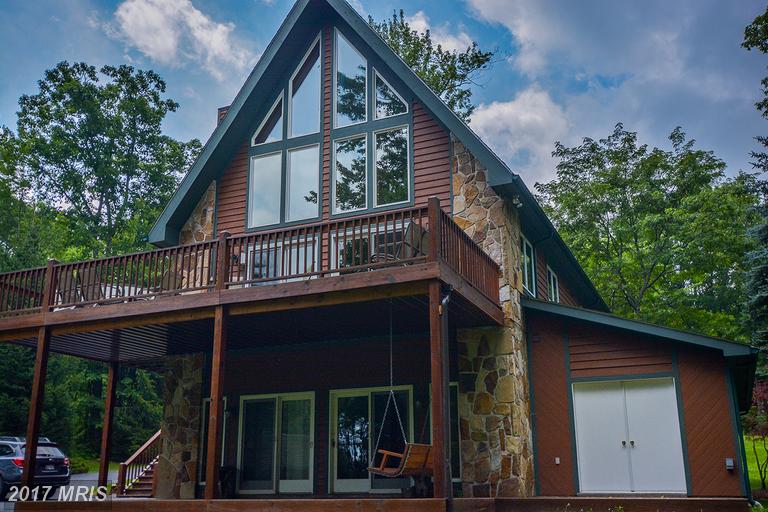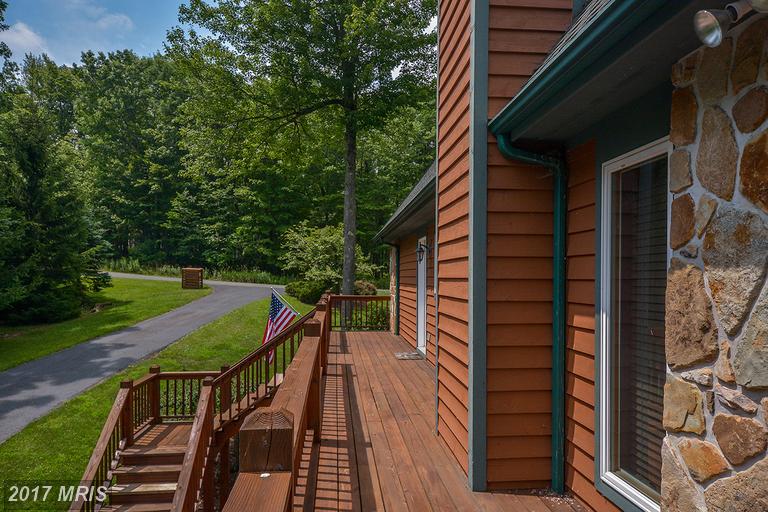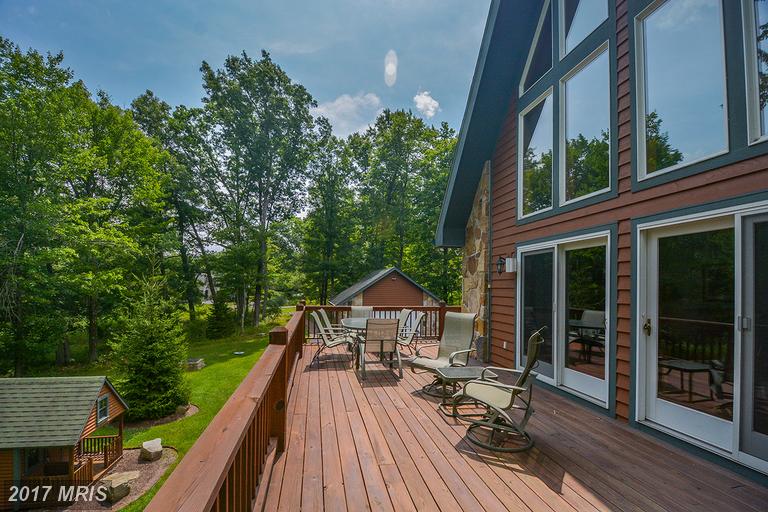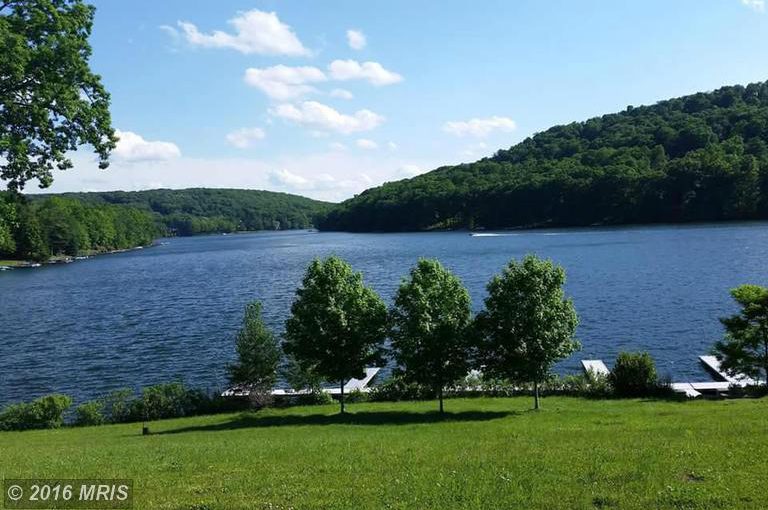Why did the bear cross the lake?

Video Here
We’re not sure what prompted this bear to swim across Deep Creek Lake in Western Maryland, but he did reach the other side, as shown in the video captured by some recreational boaters on the water recently.
This particular bear couldn’t be reached for comment, but it certainly managed to get to the other side of the lake with energy to burn. Watch as the bear climbs ashore near a lake-side residence and jets off into the distance as boaters look on — shouting warnings to folks on land as the swimmer approached shallow water.
That video had 27,000 views as of Monday morning.
It’s not the first time a local photographer captured bears in the lake. Check out this video from 2016 here.
A bear presumably swam across the Susquehanna River last May when sightings were reported progressively more west in Cecil County before there was a report of one in Harford County.
In June of last year, there were 11 reported bear sightings in Howard, Montgomery and Prince George’s County in a one-week span.
“You have a lot of young bears looking for territory to call their own,” Natural Resources Police spokeswoman Candy Thomson said at the time. “Male bears need a pretty big hunk of territory, females less so. They keep roaming until they find an area they can claim. It’s all territorial, trying to find a new home.”
But most of the bear sightings in Maryland take place in Western Maryland — where, according to the Department of Natural Resources, there is a breeding population in the four westernmost counties. That includes Garrett County, where Deep Creek Lake is located.
A few tips from DNR: Don’t feed bears. Don’t panic or approach a bear. Back away slowly. If you’re outside, get inside the nearest building.
If you’re in the lake, boating alongside the Michael Phelps of bears: just keep a safe distance. And maybe do the neighborly thing like these boaters did and warn the unassuming folks on land.
Oh, and capturing it on video doesn’t hurt.



